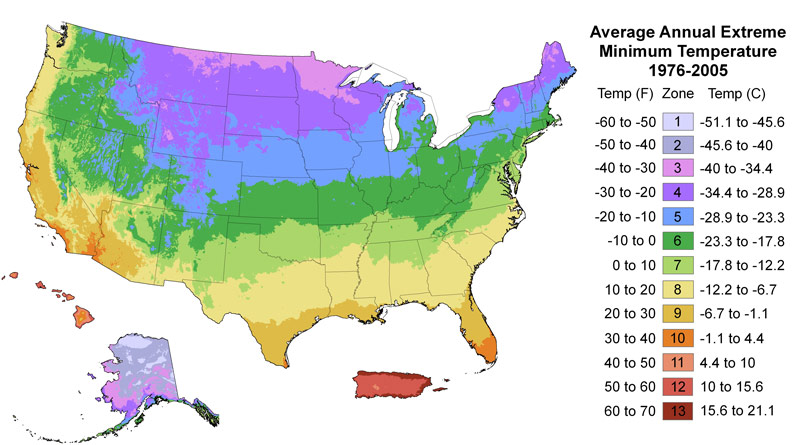Jewel Blueberry Vine
The Jewel Blueberry is a small soft blueberry, that tastes sweet with a slight tang. They grow as a bush that can get up to 4-5 feet tall. Pairs well with the Misty Blueberry for pollination. Blueberries prefer acidic soil.
Not compatible with your zone (2a)
General Plant Information
Jewel has become one of the leading varieties in California due to its site adaptability, exceptional growth, record yields and large quality fruit.
Ripens early to mid-season, a few days after Star and lasts for about four weeks.
For more abundant fruit, plant near other mid-season blueberries for best pollination.
Mature height is 5-6 feet with a spread of 4-5 feet.
Requires 200 hours chilling below 45o F.
Cold hardy to U.S.D.A. Zone 6.
Plant Patent #11,807
Additional Information
Sun Exposure : Full nice in mild summer climate. Afternoon Shade in hot inland climates, butWatering : Regular
Plant Type: Evergreen
USDA Hardiness Zones: 6-10
Planting Information
Soil and Planting: Plant in soil that drains well. Dig a hole that is as deep as the tree’s roots and at least twice as wide.
Place the tree in the hole and backfill around the plant’s roots with a mixture of the native soil and high-quality planting mix that has washed sand and organic fertilizer.
Create a basin around the roots drip zone so that water collects. Water deeply until the roots and nearby soil is saturated and reaches field capacity.
Plant Care Information
Limited Guarantee and Returns
Compatibility
The two factors that determine if a deciduous fruit trees will grow well and produce fruit in a certain area are the Chill Hour Requirement and the Cold Hardiness. “Chill hours” are the amount of cold a deciduous fruit tree need to produce fruit. This is measured in the number of hours below 45 degrees Fahrenheit a plant must experience during its winter dormancy. Paradise Nursery only grows Low Chill fruit trees that meet the chill requirements of all areas of the United States.
The second factor is Cold Hardiness. Cold Hardiness refers to the minimum temperature a plant can tolerate. The USDA’s Cold Hardiness Zones indicate the average minimum winter temperatures of areas. Based on the shipping zipcode, our website will only allow you to add plants to your cart that grow within your USDA Hardiness Zone, and tolerate your climate.
Pollination & Propagation
(Grafting/Cutting) Most of Paradise Nursery’s edible plants are self-fruitful. Self-pollinating trees do not require an additional tree to produce fruit. For your convenience, we have indicated which trees require a pollinator, and their associated pollinators. Only the sweet cherries, avocados, and some plums require a pollinator. All of our other propagated edible plants do not require a pollinator. All of our edible plants are either grown from cuttings, budded, or grafted. This way, we can ensure that our plants are high quality and fruit immediately. Plants will generally begin fruiting within a year of planting.




